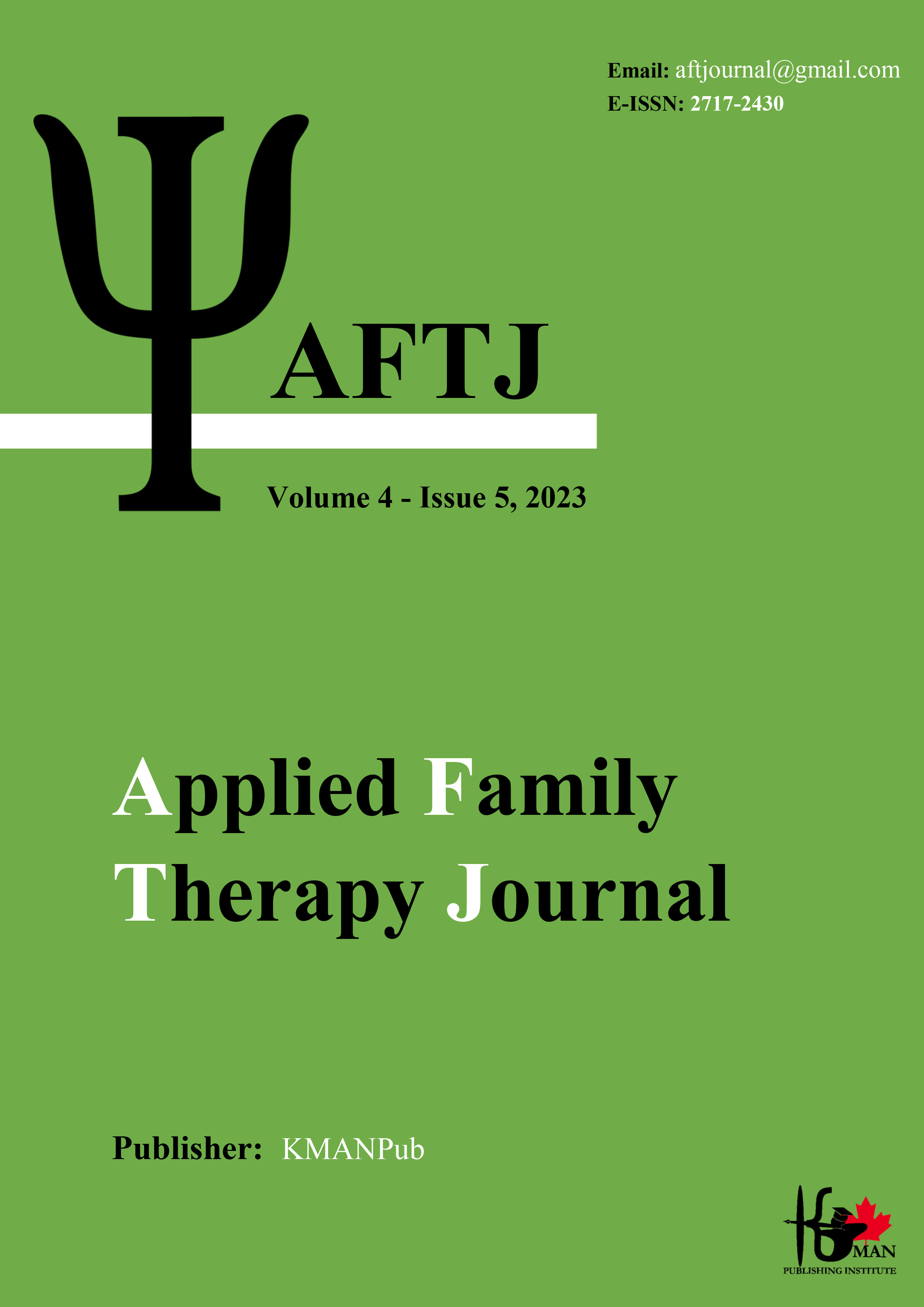The effectiveness of reality therapy on rational behavior and psychological well-being of married women aged 30 to 45 in Kerman
Keywords:
reality therapy, rational behavior, psychological well-beingAbstract
Aim: The purpose of this research was to assess the effectiveness of reality therapy on rational behavior and psychological well-being in married women aged 30 to 45 years in the city of Kerman. Method: This was a quasi-experimental study, utilizing a pre-test, post-test design with a control group. The population consisted of married women aged 30 to 45 years who attended the Damoon Counseling Center in Kerman. The sampling method was accessible, and the study sample included one control group and one experimental group, each consisting of 20 individuals. The tools used in the study included the Ryff Psychological Well-Being Questionnaire (1989), the Rational Behavior Questionnaire by Whitman (1997). Data analysis was conducted in two parts: descriptive and inferential statistics. In the descriptive part, the characteristics of the sample were described using central tendency and dispersion indices such as mean, variance, and standard deviation. In the inferential statistics section, considering the research design, parametric tests and the normal distribution of data, Shapiro's test, and univariate analysis of covariance were used for the main hypothesis and sub-hypotheses, respectively. SPSS software version 24 was utilized for data analysis. Results: The findings indicated that reality therapy had a significant effect on the rational behavior of married women aged 30 to 45 years in Kerman at a level below 0.05, with an effect size of 0.46. Reality therapy also had a significant impact on both rational behavior and psychological well-being of these women, with an effect size of 0.43 on psychological well-being. Conclusion: Therefore, reality therapy can be used to improve psychological well-being and enhance rational behavior in married women.
Downloads
Downloads
Published
Issue
Section
License

This work is licensed under a Creative Commons Attribution-NonCommercial 4.0 International License.





















